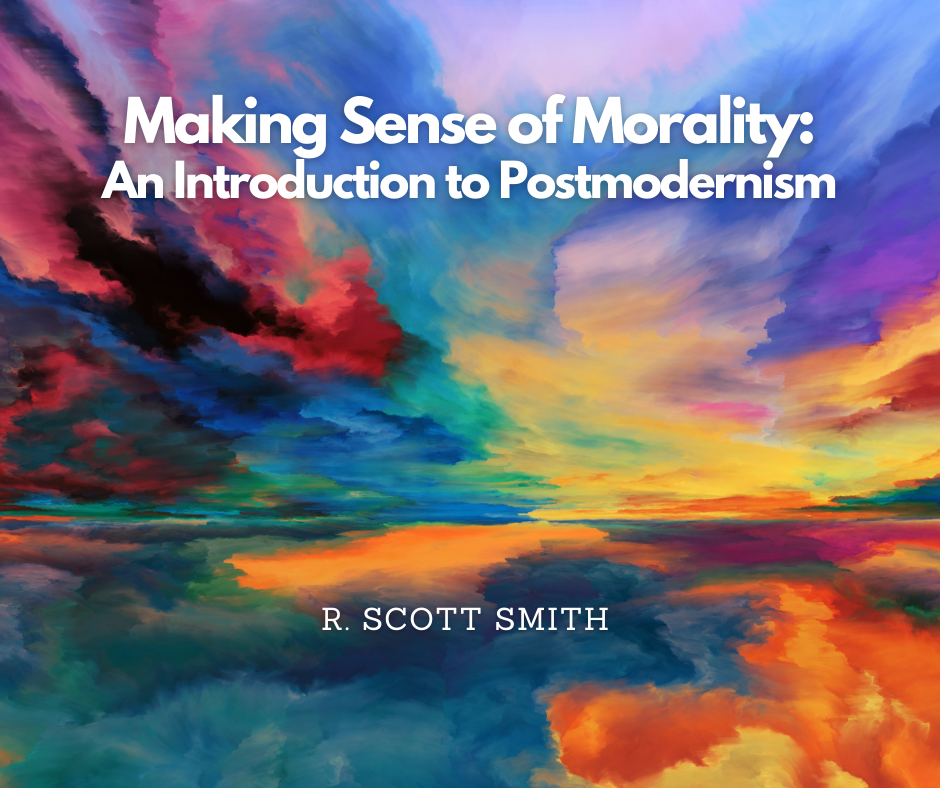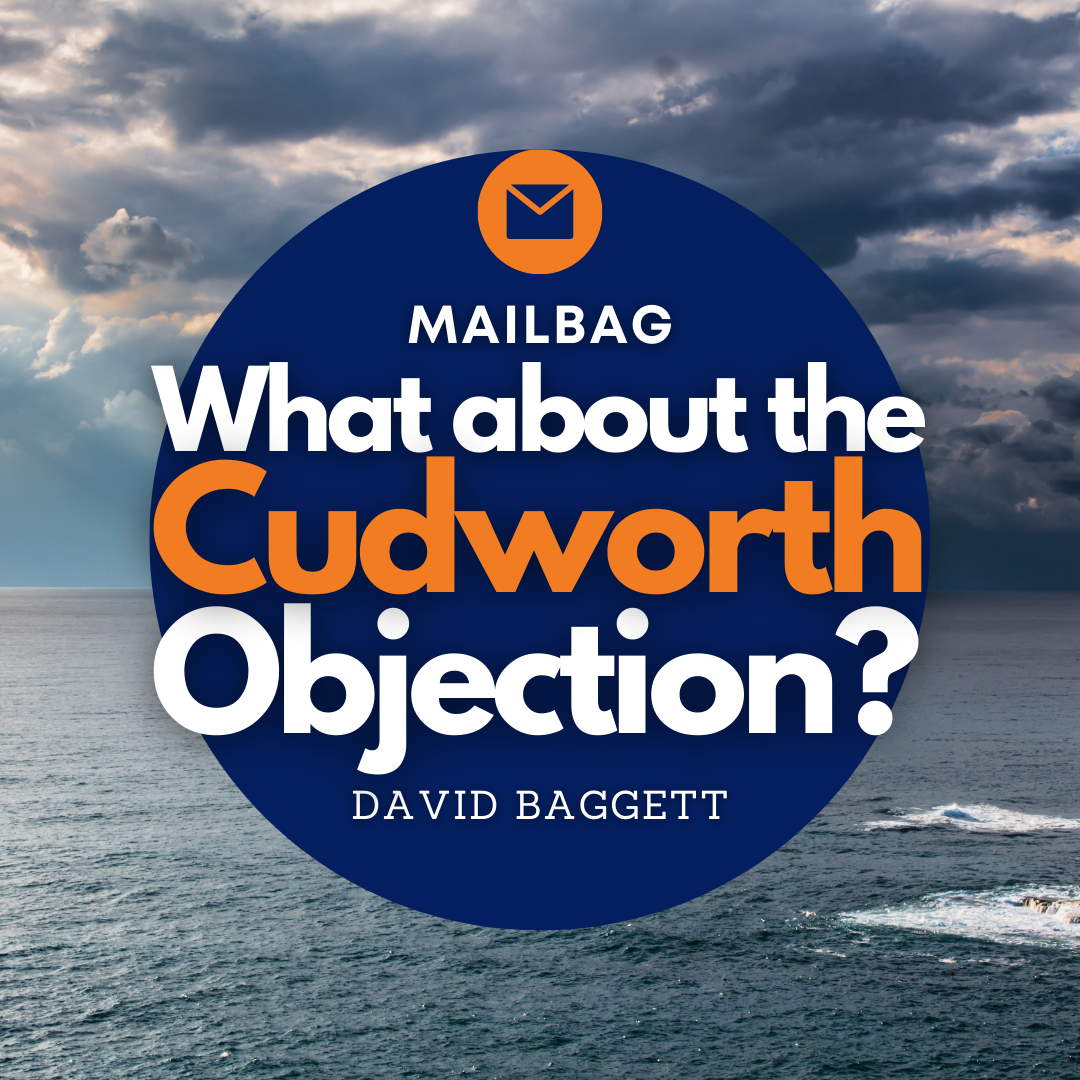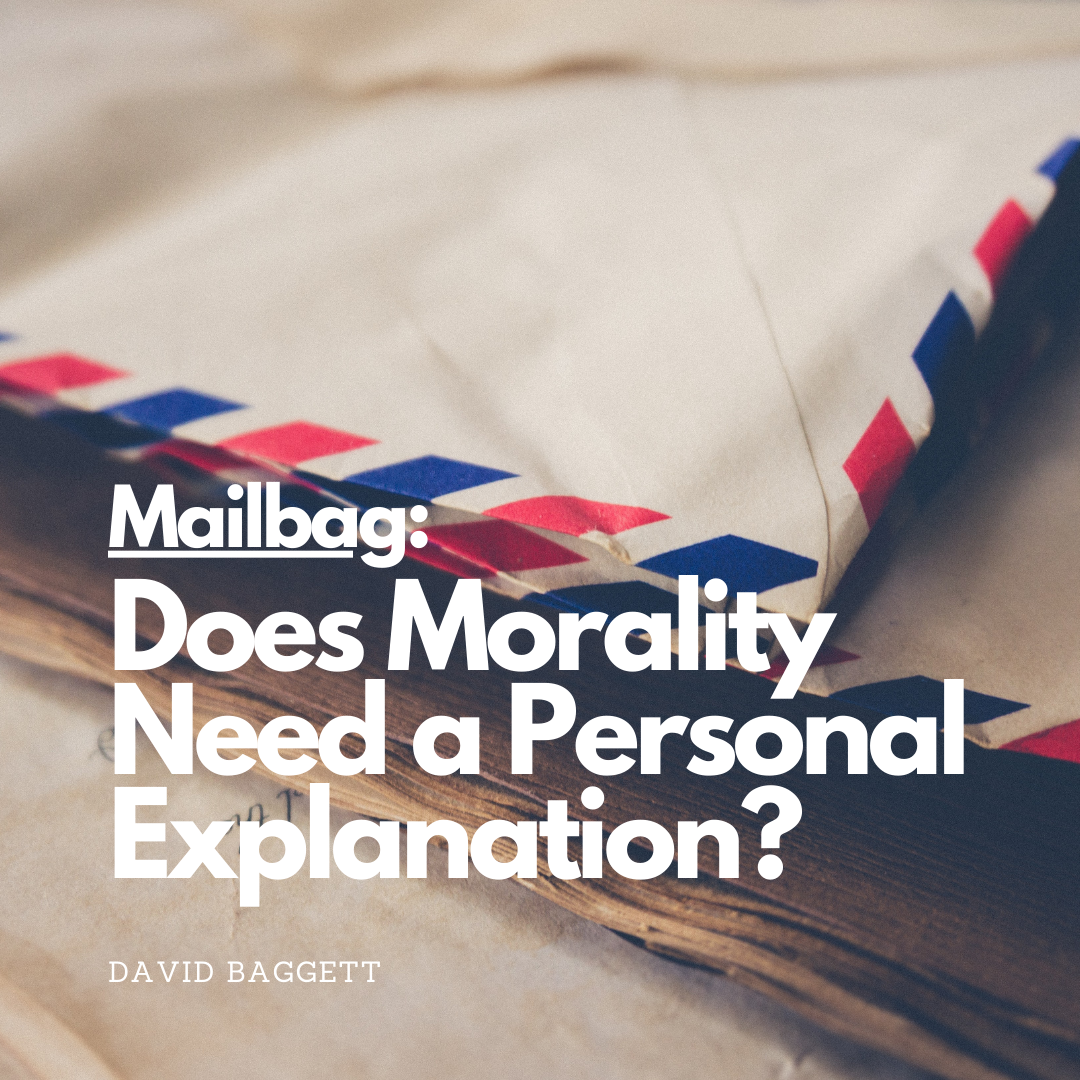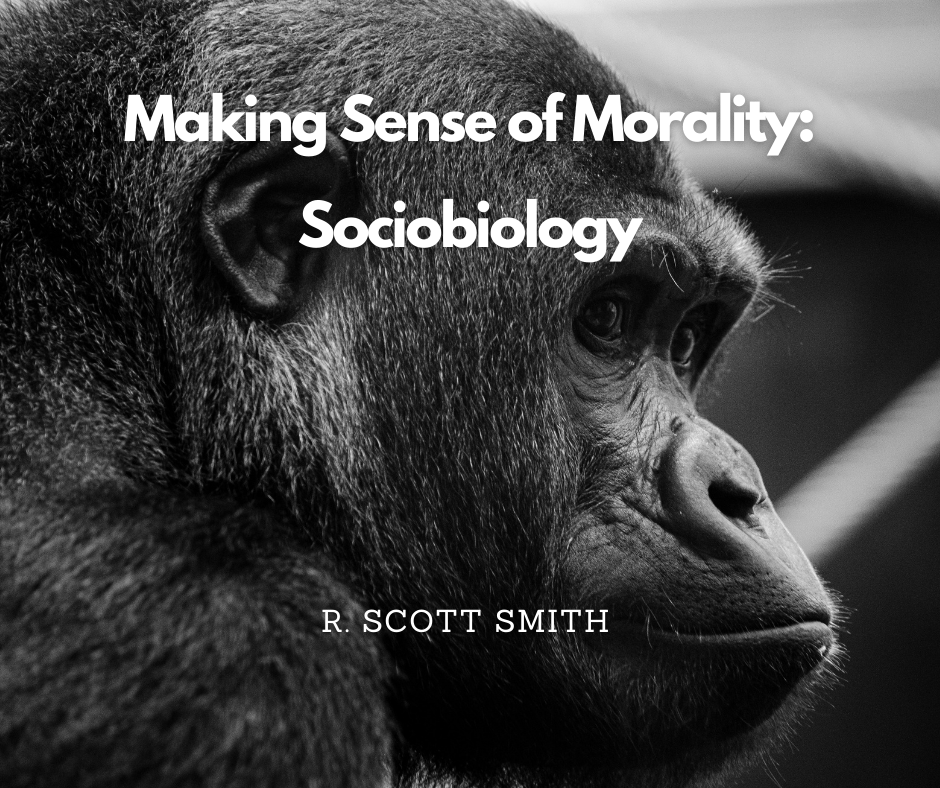Making Sense of Morality: Problems with Naturalism 3
/Editor’s note: R. Scott Smith has graciously allowed us to republish his series, “Making Sense of Morality.” You can find the original post here.
Introduction
Previously, I explored issues with Armstrong’s naturalistic kind of properties and how we cannot have knowledge on them. Now I will look at nominalism, which seems to be the most likely naturalistic view of properties. As Wilfrid Sellars (d. 1989) remarked, “A naturalist ontology must be a nominalistic ontology” (109). Yet, I will argue that nominalism undermines knowledge, and it will do so for naturalism, too, including in ethics. Yet that undercuts our clear knowledge of our core morals.
Nominalism
Unlike realists, who affirm the reality of universals, nominalists think that everything is particular. Literally, there are no identical qualities shared between two or more things. Moreover, every particular thing is just one thing (i.e., it is simple). But, how nominalist theories treat particulars varies.
For instance, on trope nominalism, there are many particular red color tropes in a bag of red delicious apples. While they may be analyzed as being exactly similar (yet not literally identical), they are discrete red tropes; e.g., red1, red2, red3, etc. An apple is many different tropes (e.g., a color trope, a sweetness trope, a round trope, etc.) that are bundled together
For austere nominalism, there are only concrete, particular objects. They are concrete, for they are located in space and time. A red delicious apple is just one thing, a red-sweet-round-apple. Finally, metalinguistic nominalism agrees with austere nominalism that there are only concrete objects. But, it holds that the “claims apparently about universals are really disguised ways of talking about linguistic expressions” (Loux, 46).
Assessment
As we have seen, nominalism has had a lengthy, deep influence on the west, including in ethics. I traced it back to Ockham, but since Hobbes, and running through Hume, Kant, Bentham, Mill, and almost every naturalist, nominalism has dominated philosophical thought, including ethics, as well as modern science.
Yet, is it true? Consider again that on it, regardless of the specific version, something is just one thing. It is not composed of two or more things. In contrast, realists hold that when a universal property (e.g., red) is instanced in an object (an apple), that instance of red is a universal that has been particularized. The instance is the union of two things, which makes it complex.
Now, on nominalism, it seems we treat an object as a particular something. That thing might be a property like red, or a concrete object like an apple or a word. Yet, we treat each one as though it is something that is particularized. Yet, in reality, they cannot be complex. So, then it seems that either one of these things, the “particularizer” (the individuator), or the thing itself, can be eliminated without any real loss.
Suppose we eliminate the particularizer – e.g., the “1” in red1. Yet, if we do that, then we seem left with just red, the color itself, and it is not particularized. But that is what realists claim to be the case, that red is an abstract entity that is particularized when it enters into the being of some object, like an apple. So, eliminating the particularizer spells the end of nominalism.
Instead, suppose we eliminate the quality (or object). But, then we are left with just a particularizer (here, the “1”) which individuates nothing. That, however, makes no sense, for we always would ask, “one what?” In this case, the dire result is that there are no qualities or objects in reality. But, that means nominalism undermines reality.
Since nominalism maintains that every particular is just one thing, we can take either route without any difference in reality. In that case, we can take the latter option, and so we see that nominalism cannot preserve any qualities in reality whatsoever. There would not be any people, animals, plants, beliefs, and certainly not any morals. Nominalism undermines our core morals, as well as morality altogether. Moreover, it undermines naturalism as false.
For Further Reading
Keith Campbell, Abstract Particulars
Michael Loux, Metaphysics: A Contemporary Introduction, 3rd ed.
Wilfrid Sellars, Naturalism and Ontology
R. Scott Smith,“Tropes and Some Ontological Prerequisites for Knowledge,” Metaphysica 20:2 (2019)
R. Scott Smith is a Christian philosopher and apologist, with special interests in ethics, knowledge, and seeing the body of Christ live in the fullness of the Spirit and truth.






































































